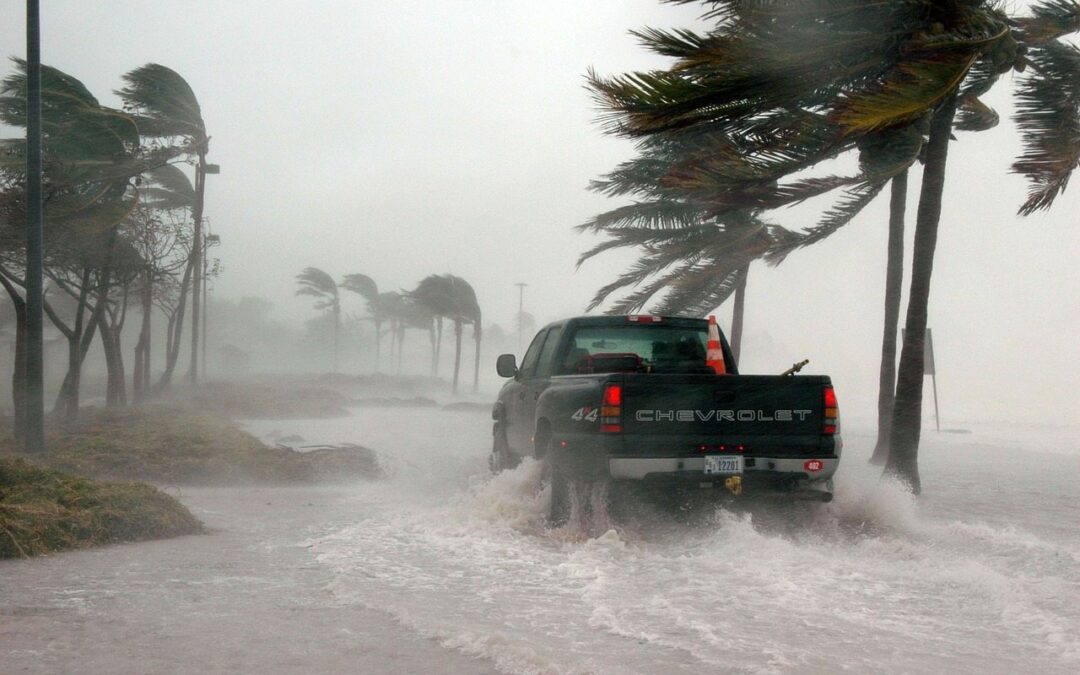Car loan companies in the U.S. are beginning to calculate the financial fallout from late-summer hurricanes that ruined approximately 500,000 to 1 million automobiles.
Up to now, the effect on loan companies appears to have been comparatively small, given that quite a few of them are providing forbearance to vehicle owners that are fighting to restore their lives. Furthermore, the largest U.S. car lenders have under 10% share of the market, therefore hurricane-related losses are going to be distributed broadly across the industry, affecting credit unions as well as the financing branches of automakers along with banks.
In spite of everything, the industry’s inevitable losses appear in all likelihood to be headed into the hundreds of millions of dollars all over Texas, Florida and Puerto Rico. Throughout the quarter, leading auto loan companies like Ally Financial, Wells Fargo and Capital One dramatically increased their loan-loss assets in expectation of increased delinquency rates.
Longer term loans along with loans to borrowers who don’t have much equity in their automobile will be hit the hardest if borrowers default because proceeds from insurance probably won’t cover the losses of the lenders in those scenarios.
The geographic footprint of the specific banks will determine their costs. Puerto Rico was a location where Wells Fargo has substantial exposure and the estimated costs of the damages are coming out more slowly compared to Florida and Texas. Reliable Auto, a subsidiary of Wells Fargo, is the biggest car loan company on the island that suffered major hurricane damage.
Richard Fairbank, CEO of Capital One, stated that the expected losses on vehicle loans increased the loan-loss provisions in the third quarter. Jeffrey Brown, CEO of Ally, said to analysts that higher chargeoffs are expected in the upcoming couple of quarters as a result of the hurricane’s localized impact.
Wells Fargo, based in San Francisco mentioned during a third-quarter earnings call that $450 million in reserves were built up to deal with losses resulting from hurricanes. They did not mention how much of their $1.9 trillion in assets relates to car loans.
In the third quarter, $23 million was set aside by Capital One for anticipated future auto loan losses due to hurricanes/ CEO of Capital One, Richard Fairbanks mentioned during the quarterly earnings call of the company that allowance created added to a rise in the company’s provision for credit losses
One of the country’s biggest auto loan companies, Ally, put aside $48 million in the third quarter due to hurricanes.
Their CEO Jeffrey Brown said to analysts on Wednesday that they are anticipating higher chargeoffs due to the localized hurricane impact in the upcoming couple of quarters.
Ally, based in Detroit, also insures the car dealers’ automobile inventories. As a result, the company recorded a $19 million loss in that sector; however, some dealers have not filed claims because they had the chance to move the cars in flood-prone areas to higher ground.
As per Christopher Halmy, CFO at Ally, hurricanes have not been as impactful compared to hailstorms, which are unpredictable and can spring up at any time.
Due to the fragmented nature of auto lending, credit losses impact on just one company should be comparatively manageable according to Fitch Rating’s analysts Michael Taiano.
Standard & Poor’s analysts stated that the effect on subprime auto lenders would have more of an impact due to hurricanes compared to companies that had borrowers with better credit scores. More creditworthy borrowers usually have higher equity in their cars.
Consumer Portfolio Services, a subprime car lender minimized the impact from hurricanes in their quarterly earnings call. Charles Bradley, their CEO mentioned that the company has been flexible in giving borrowers in Florida and Texas extensions and this has minimized delinquencies.
Bradley said they haven’t seen that much yet, even though that have been lots of comments regarding these issues. It might still be too early to think worst has passed.
Santander Consumer USA, also a subprime car lending company, is publishing their third-quarter earnings report on Friday.
Believe it or not, there is good news behind the hurricanes for the auto lending industry. Prices of used cars are expected to increase, which increases the lenders’ collateral value, is a result of hundreds of people car shopping because they lost their car in one of the many hurricanes.
In 2005, this also occurred after hurricane Katrina, which destroyed New Orleans along with other areas of the Gulf Coast. Jafferies analysts, in a recent research paper, stated that the prices of used cars tend to increase following major storms due to the replacement plan of owners who previously lost their car.
Marcadis Singer, PA, watches these trends closely as we are involved in not only Insurance Subrogation, but also Vehicle Levy,
